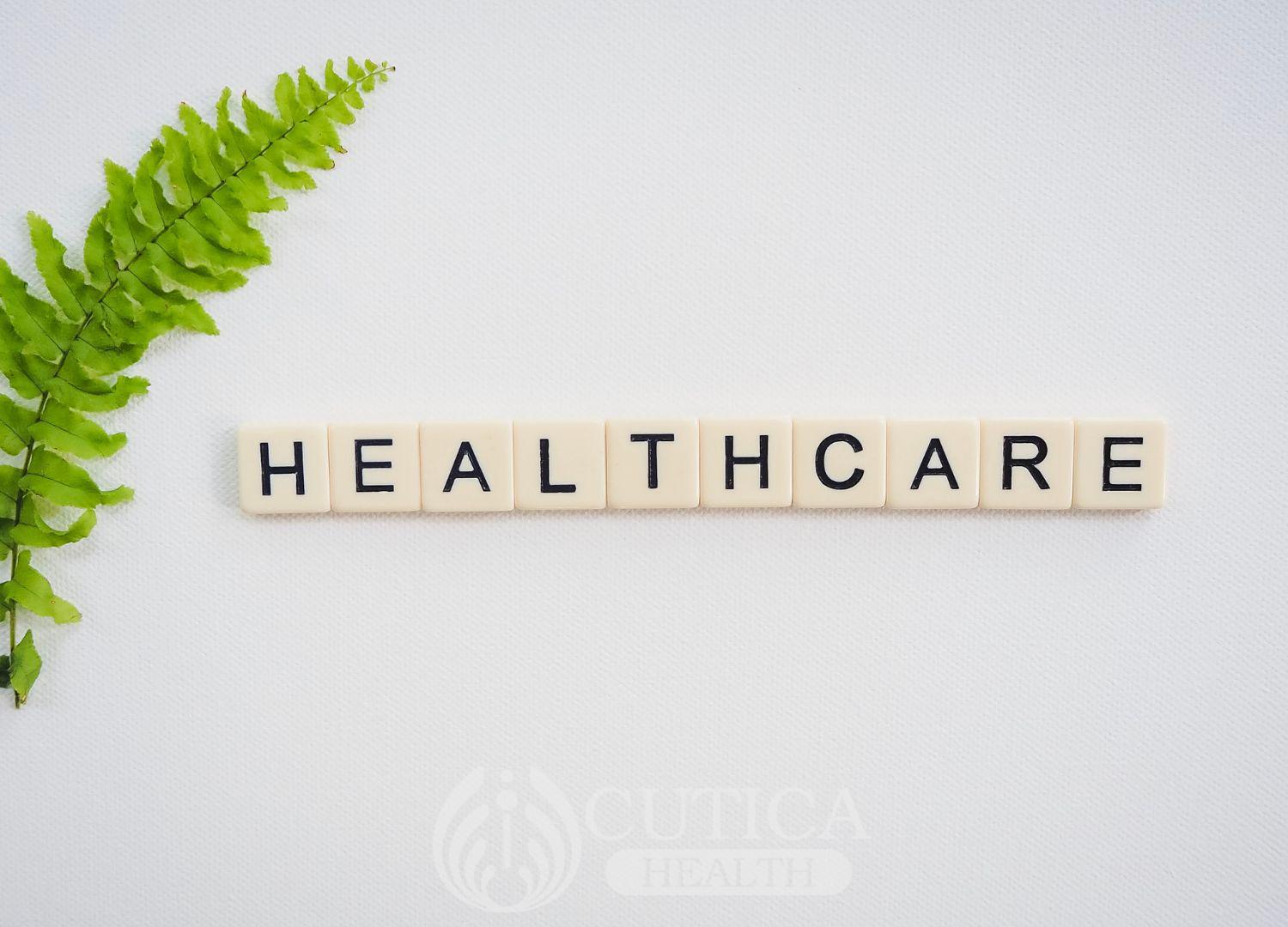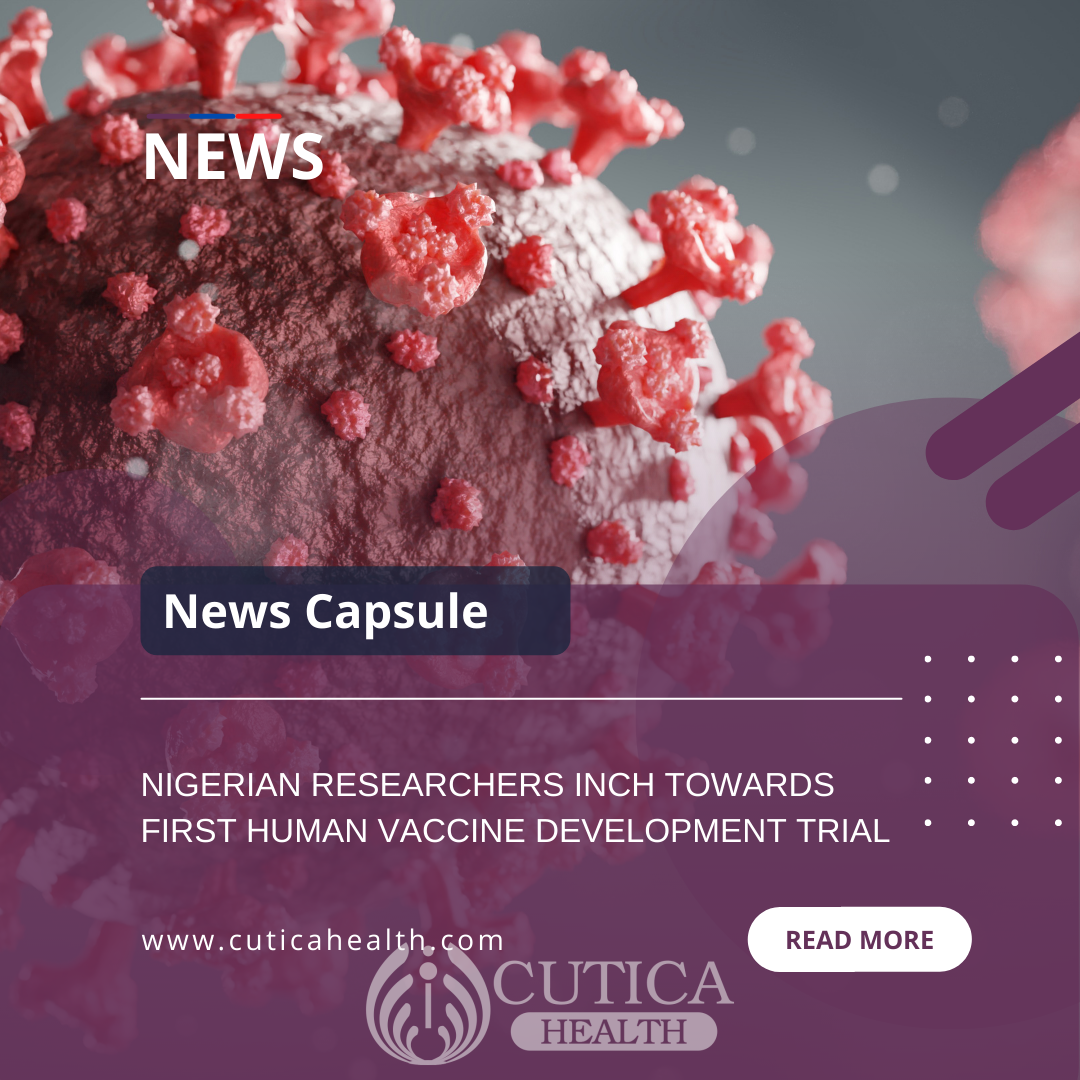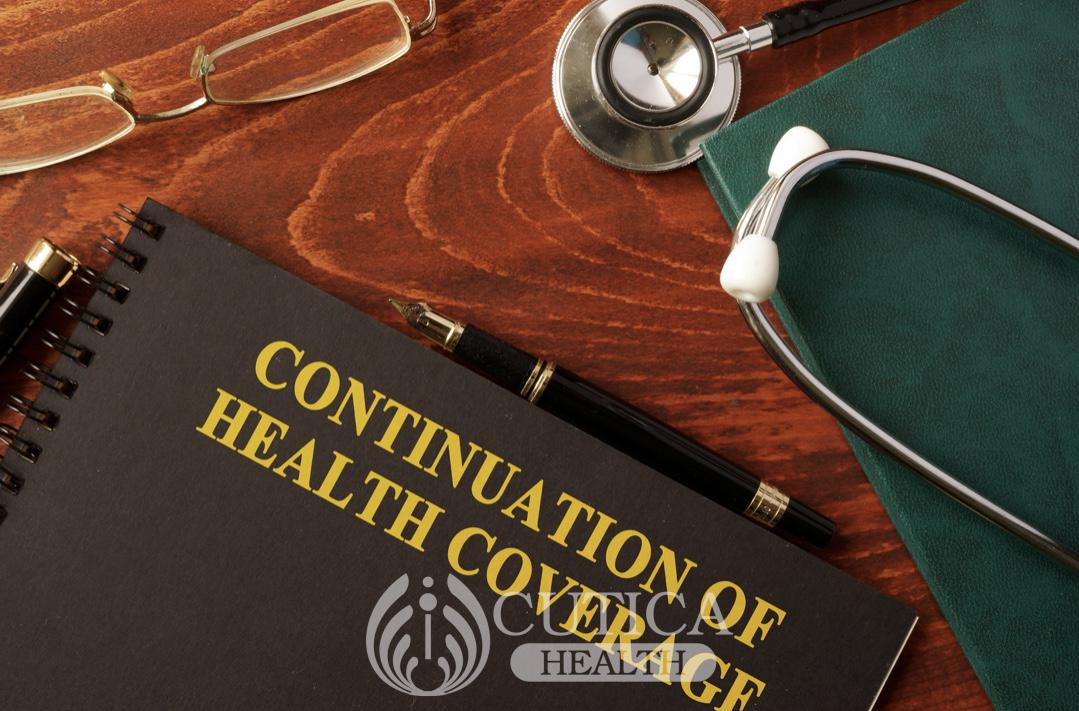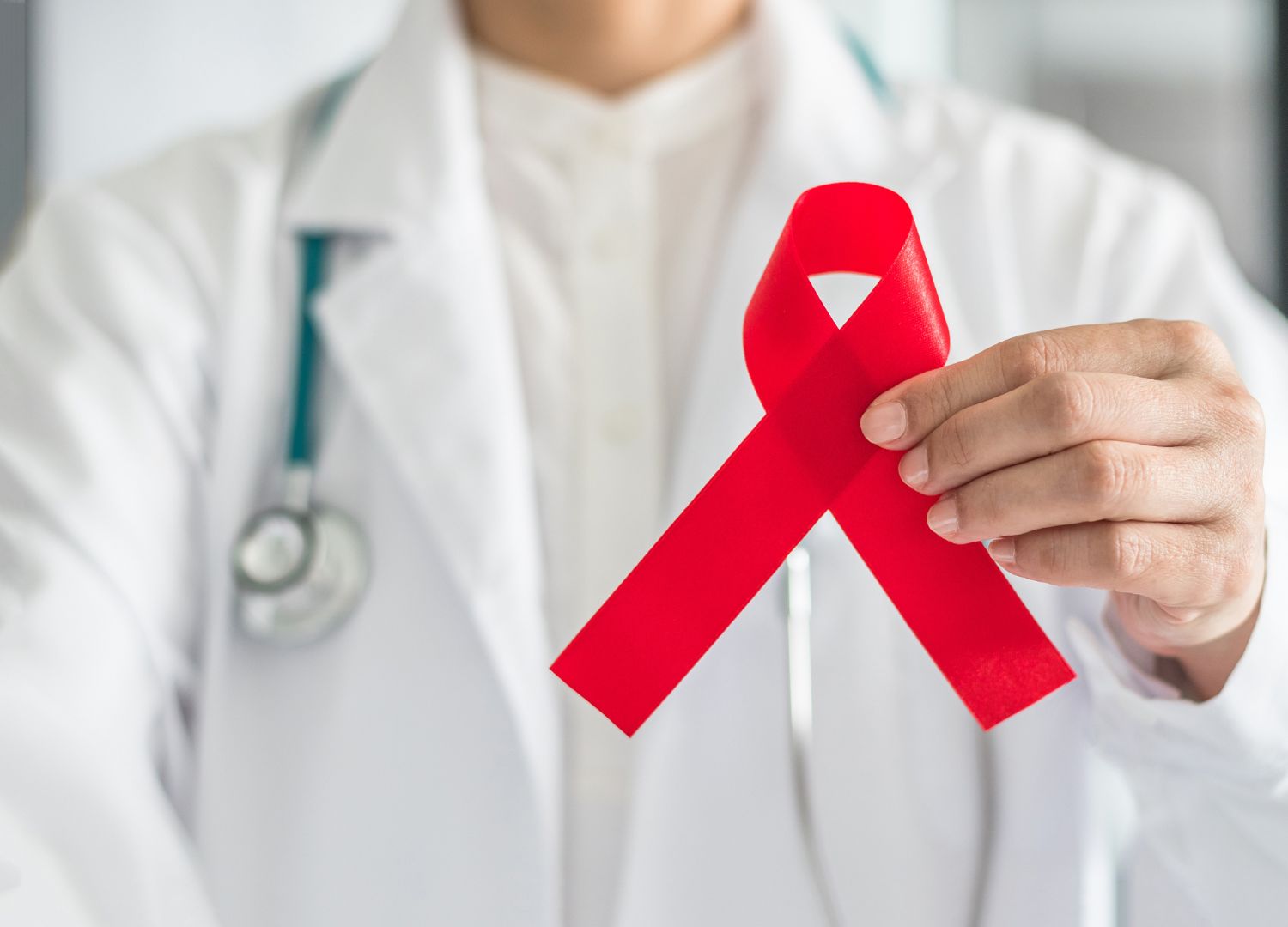
On the 12th of September 2018, my mum suffered a stroke en route Ibadan. Thankfully, she was in the car with my dad. If she had been in a public vehicle, your guess is as good as mine what her fate would have been. Having only heard of people who suffered a stroke, I would never have thought a close relative would experience it. As a family, we have been strengthened by the ordeal.

Mum was discharged after nearly 2 weeks at the University College Hospital (UCH) Ibadan. When patients get discharged from the hospital, they often return to a home environment where they are expected to take care of themselves with little help from others. Boy, was I in for a shocker! I had expected my mum to talk, sit up and be the strong woman I knew. Instead, here she laid, staring as a means of communication and groaning in pain. Also grunting in response to questions we asked her. Luckily, she hadn’t lost her memory. A right-handed woman, the stroke affected the left side of her brain and caused weakness on the right side of her body, which we were told was serious. “Ischemic” was a word I as a non-medical person had to look up on Google. This word is used to describe decreased blood flow, usually to an organ. I and the other members of the family intensified our studies in The Google Medical School. We were forever looking up information on stroke and paralysis.
Whilst I was told all that we needed to do by the nurses as per her feeding, toiletries, drugs and so on I was afraid to ask them when she would get up and walk because I didn’t want a negative answer that would have our Christian ire up in arms, binding and rebuking all sorts of negative reports. She had limited physiotherapy sessions at UCH because of her high blood pressure (BP), so not much was achieved in the hospital. Having a brother-in-law who is a medical doctor greatly reduced our cluelessness and grappling for answers to questions we didn’t understand.
It was drummed into us the essence of getting a physiotherapist more than we were told she had to take her drugs. For the benefit of the uninitiated into the world of a stroke caregiver, the different types of physiotherapists are Orthopedic, Geriatric, Neurological, Cardiopulmonary and Pediatric. Physiotherapists are medical personnel with special training in physical rehabilitation of victims of stroke and many other ailments.


Thanks to my Medical Doctor Brother-in-Law, we got a Physiotherapist who visited her at home thrice a week. He started by rolling her on the bed from side to side and made her try to stand up on her own. She did not respond well. I noticed her eyeballs seemed to stop moving and was set in a funny way during the physiotherapy exercise as she stared straight ahead like she was in terror of a being only she could see. Once or twice he tried to make us stand on either side of her and walk which she wasn’t able to as she was weak in the knees. After 6 weeks of therapy, she still wasn’t on her feet yet!!!!!
After about 7 weeks in Ibadan, with tears in my eyes, we headed back home, Lagos. I was a mess. I was worried and apprehensive of how to manage her without a medical practitioner to allay my fears. I was also afraid that I might do something wrong and cause grievous harm to my mother. Also, she was totally dependent on her quartet of relatives turn semi trained caregivers for everything.
Prior to leaving Ibadan, we were referred to a uniquely skilled and talented person, whom I’ll refer to as “Mr. Ingenuity” who was reputed to be able to make the device needed to combat the clenched fist my mum was experiencing at the early stage of illness. Dear Mr. Ingenuity returned our calls after like 300 missed calls between my mum’s quartet of caregivers who consisted of my younger sister, my dad, my brother-in-law and myself. Checking online for the imported version of the fist device, we found it to be quite pricey and for what we hoped was going to be a temporary usage thing, it wasn’t what we wanted. Separately, our Ibadan therapist had given instructions to use a water compress for my mum when having her bath and also to massage it and try straightening it. This I did amidst her screaming in pain and threatening to bite me if I didn’t stop. Eventually, I was regarded by my dad as the Devil Nurse inflicting pain on his dear wife.
After a scurry of calls, we got a fabricated device to help straighten her fist and that later was resolved. We never realized the worry our Ibadan Physiotherapist had over my mum’s clenched fist until we went to a center where aged people come for heat therapy. We met women and men with that clenched fist syndrome and were thankful my mum’s got arrested on time.


Still mum wasn’t able to lift herself up and had to have help in being fed and with personal toiletries.
We eventually got another Physiotherapist who came thrice a week for a couple of months until traffic along the Badagry-Lagos Expressway put a stop to it. He had an apprentice who used to come on the days he wasn’t available plus three non–physiotherapists helpers. Prior to this period, we had gotten three leg slabs for my mum. There were conflicting reasons for these slabs usage and fit. Eventually, mum stopped using them because she was told not to be too dependent on them. The new Physiotherapist’s exercise prescription was more varied than the roll-to-the-side therapist’s in Ibadan. By this time, mum wasn’t just lying on the bed. We started bringing her to a sitting position and had a pillow to bolster her up. This was when a bed sore developed and infection scare resurfaced. Earlier in Ibadan, her tongue was cracked as a dried up riverbed coupled with fever that we had to monitor day and night. We struggled to keep her bedsore free from any sort of infection by a regular change of diaper and carefully cleansing the area with cotton wool dipped in a warm Dettol and water solution plus application of Sudocream. I’m proud to say we maintained a sanitary environment all through. Our visitors marveled that our home didn’t smell of urine and faeces. We didn’t need to mask the environment with any foul smelling disinfectant.
During a one-month break from us by the Physiotherapist, we were referred to a heat center in Festac town being run by two women. Supposedly set up by a Korean NGO, there were several machines being used at the center. The massage bed which had a rolling pin machine that went from butt area to the neck; a heating bed where one had to turn several ways to get the heat to one’s back, sides and abdomen; the direct heat machine where one sat on a heated pillow and had a heated belt wrapped round one’s stomach and at one’s back also. The fourth machine was a raised platform that vibrated where one’s feet was placed and had two handles that the user gripped firmly. My mum for the first time in 7 months stepped downstairs and out of the house to attend the heat center sessions. Her visit there helped us all tremendously. It gave us all hope and encouragement that one day she would walk again. Other clients at the center encouraged her and were very sympathetic too. Having been in the same situation like she was and now able to move around, they were in the best position to motivate and encourage her.


Later, we had to search for another set of physiotherapists after being abandoned by the Badagry based one. When I casually mentioned our need to one of the women running the center, she informed me that one of the men who came with some patients was one. That was the day we met the game-changing physiotherapists who fast tracked our recovery process. The new physiotherapists were unorthodox in their approach to mum’s therapy. The first time mum had a session with them, dad had to walk away when he couldn’t bear her cries of pain. They massaged every spot of her with their assortment of minty oils. Her muscles were kneaded with such vigor that it seemed mum was going to levitate and start walking on her own. Of course there were the threats to bite them if they didn’t let her be. The almost maniacal approach got me worried at one time, but she seemed to be okay, so we continued. They were very patient with mum. They were very positive. They were very hands on.
Eventually, mum was able to walk with some aid. Videos of her standing, moving her feet without her usual cries of pain and going round the table were like a breath of fresh air for us all. Gradually, she was able to start using her right hand to feed herself and receive stuffs that were handed to her. We are not at that point where we can say it’s over, but we can say that the journey to her walking again like her usual self is on course.
RETROSPECTIVE THOUGHTS
Most sicknesses in Nigeria are shrouded in secrecy and shame. As a result, ill patients feel more depressed than they already are which, for some, quickens their demise. Lack of medical insurance is another obstacle to people receiving adequate help and assistance for their health. While our hospitals continue to offer care and hope, more can definitely be done to improve post-discharge follow-up and therapy for patients and caregivers, both of whom must cope with the changed situations.
Lack of awareness about where to get help or access medical services, such as physiotherapy, is a big problem for us in this part of the world. In my family’s case, we desperately sought help from a variety of sources and were fortunate to receive guidance from my brother-in-law, the medical doctor. In this internet and apps age, one should be able to identify and connect online with medical service providers and avoid quacks with less stress. As for my mum, we are thankful for the improvement she has made and look forward to her return to full health. In all, it has been an eye opening and unifying experience for my family. It also revealed hitherto hidden fortress of strength, resilience and compassion.
Olajumoke Oyelese












